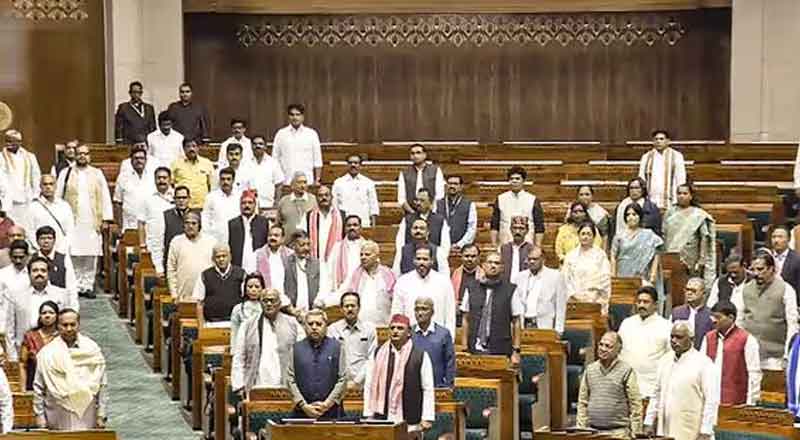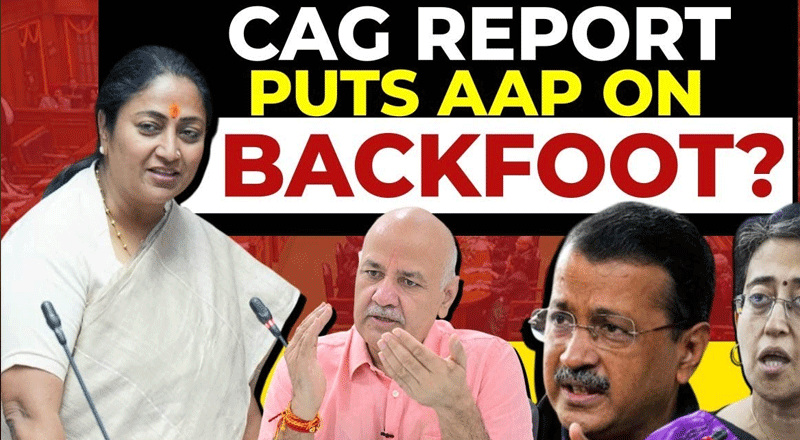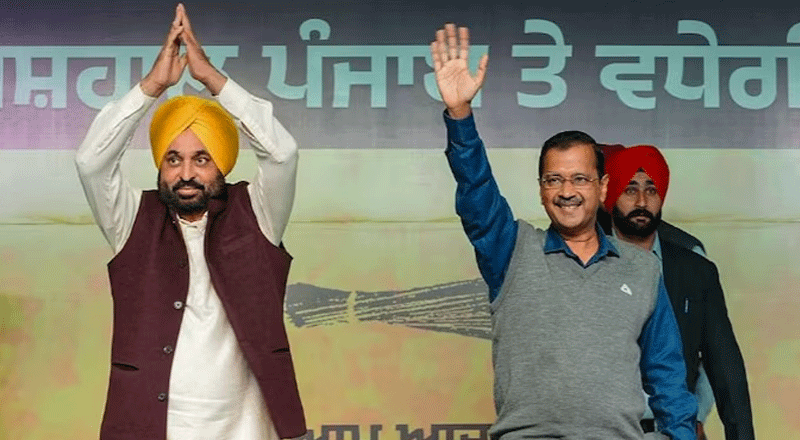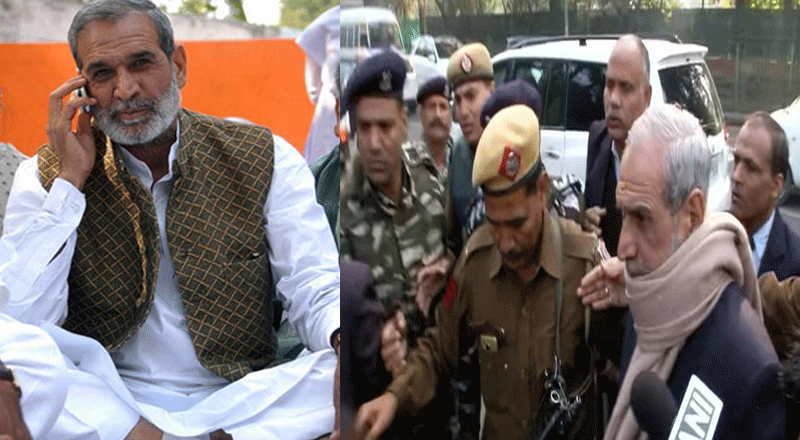Democracy in Action or Disorder?
As India prepares for the 2024 Parliament Winter Session, a familiar yet intensifying debate underscores the nation’s democratic pulse. Prime Minister Narendra Modi’s scathing remarks against the Congress-led opposition cast a spotlight on the conduct and priorities of lawmakers. Labeling the Opposition’s actions as “hooliganism,” Modi not only criticized their alleged disruptions but also urged parliamentarians to honor public aspirations through constructive dialogue. The backdrop to this session, teeming with legislative milestones and a charged political atmosphere, raises pivotal questions about the state of India’s democracy and governance.
Modi’s Critique: A Call for Responsibility
Addressing the media, PM Modi’s sharp rhetoric targeted those he described as “rejected by the public,” accusing them of undermining parliamentary proceedings. “The people have no other option but to reject them,” he stated, attributing disorder in the House to political motivations rather than genuine democratic engagement. His emphasis on preparing the next generation of leaders and fostering meaningful debate reflects a broader appeal for systemic reform in parliamentary conduct.
While Modi’s words resonate with his party’s narrative, they also reveal a deeper challenge: balancing accountability with inclusivity in an increasingly polarized political climate. His appeal for a fruitful session marked by enthusiasm and purpose signaled optimism but left questions about how such unity could be achieved amid entrenched divisions.
Legislative Focus: Bills on the Horizon
The session holds promise of significant legislative activity, with critical bills slated for discussion. The Waqf Amendment Bill, aimed at addressing governance in religious property management, and the Disaster Management (Amendment) Bill, reflecting evolving needs in crisis response, are expected to take center stage. Meanwhile, amendments to the Banking Laws and the Railway Act aim to modernize key sectors, enhancing efficiency and accountability.
Adding to the anticipation, speculation swirls around the potential introduction of the ‘One Nation, One Election’ Bill, a reform that could revolutionize India’s electoral framework. By aligning state and national elections, the bill proposes to reduce costs and streamline governance, but it also invites fierce debate over its feasibility and implications for federalism.
Opposition’s Strategy: Challenges and Priorities
The Congress-led Opposition, despite recent electoral setbacks in Maharashtra and Haryana, plans to spotlight pressing issues such as the Manipur crisis, unemployment, and pollution. Senior leader Pramod Tiwari criticized the government’s handling of these issues, emphasizing the need for robust discussions on law and order, environmental challenges, and economic disparities.
Yet, the Opposition faces an uphill battle. With diminished bargaining power following their electoral losses, their ability to shape the session’s narrative may be limited. A cohesive strategy will be crucial if they are to effectively counter the government’s agenda and present a compelling alternative vision.
A Session of Symbolism: Constitution and Reflection
This Winter Session coincides with the 75th anniversary of India’s Constitution, providing an opportunity for reflection on its guiding principles. Modi’s reminder of the occasion underscores the symbolic weight of this gathering. Celebrating the Constitution is not merely ceremonial; it is a moment to recommit to the ideals of justice, equality, and liberty that it enshrines.
The Crossroads of Democracy
The 2024 Winter Session emerges as a microcosm of India’s democratic challenges and opportunities. Modi’s criticism of the Opposition highlights a larger issue: the erosion of trust between political factions. While the legislative agenda promises progress, the real test lies in the ability of parliamentarians to rise above partisanship and prioritize national interests.
The session’s outcomes will resonate far beyond the walls of Parliament. If lawmakers succeed in fostering meaningful dialogue and delivering impactful legislation, they will strengthen public faith in democratic institutions. Conversely, if disruption and discord dominate, it risks alienating citizens further. As India stands at this crossroads, the session could either reaffirm democracy’s vitality or expose its vulnerabilities—a testament to the enduring tension between rhetoric and reality in the world’s largest democracy.
(With inputs from agencies)





